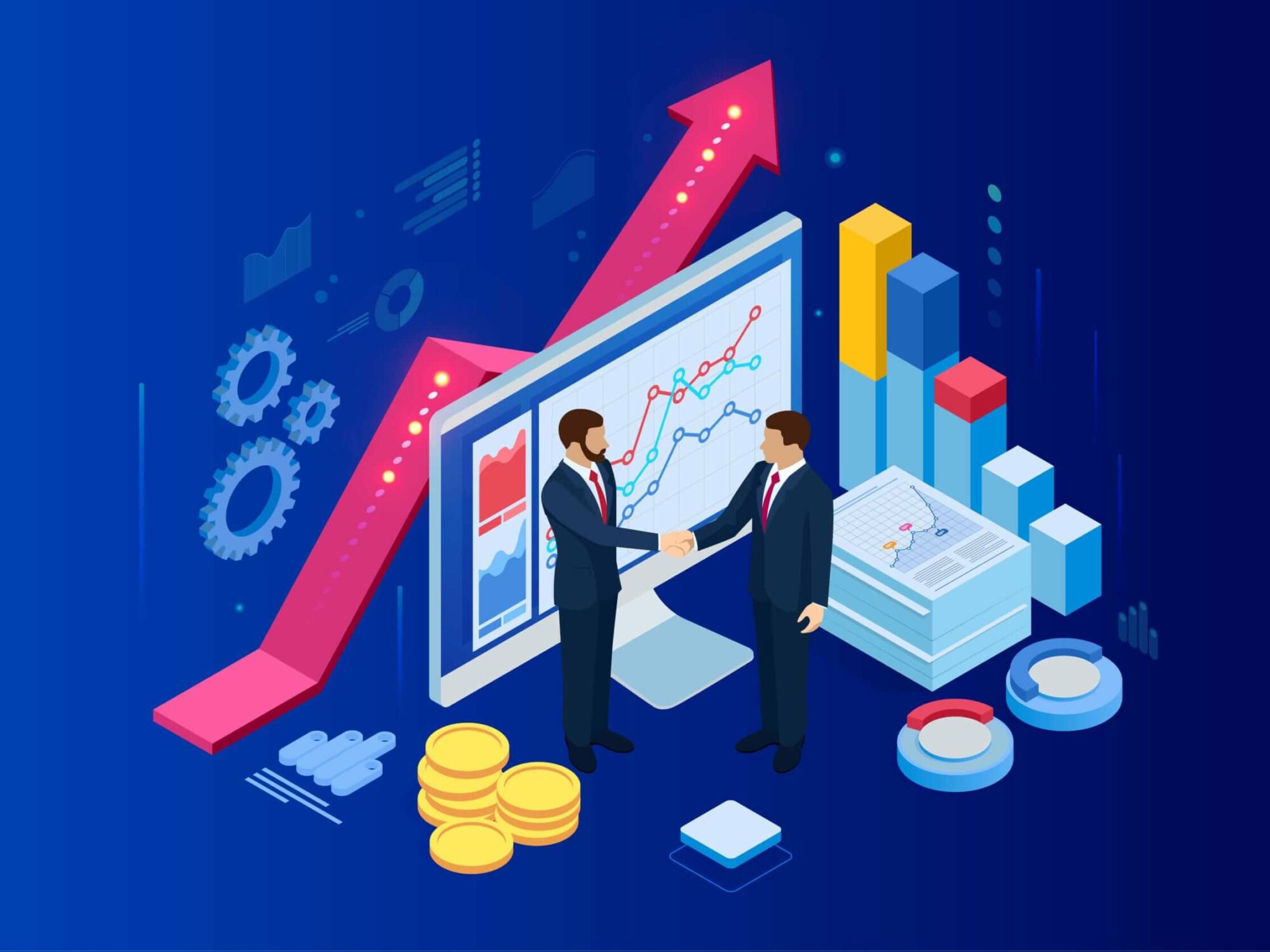Now Is the Time for B2B Marketers to Lead Customer Experience
By
Source: CMSWire
Even if we ignore the outsized impact of the pandemic on the marketing function, B2B marketers have been through a lot in the past decade.
More than any other discipline, marketing has rapidly evolved into a primarily digital and highly technical field. In less than 10 years, the number of marketing technologies has grown more than 5,000% — from 150 platforms in 2011 to more than 8,000 in 2020. Marketers in B2B have become orchestrators of elaborate technology stacks and proliferating digital channels, all in an effort to reach customers whose expectations have skyrocketed as a result of the exceptional experiences they receive from B2C giants such as Amazon, Zappos and Apple.
The Emergence of Marketing-Led Customer Experience
With so much change in such a short space of time, it may seem like the right time to pump the brakes on marketing innovation, but in fact, the opposite is true. Despite the many challenges 2020 has thrown in our path, now is the ideal time for B2B marketers to step up and lead the delivery of a better customer experience from end to end — a marketing-led customer experience (MLCX).
MLCX improves on traditional CX by addressing the fragmentation that happens when the customer moves through various organizational functions (marketing, sales, support, operations, etc.) and replacing it with a coordinated, end-to-end experience that is overseen by marketing.
For the customer, it results in a more cohesive and intuitive experience. For the organization, it results in a clear line of sight across every customer interaction, which in turn drives higher revenues and deeper market insights. And for the marketer, it enables the ability to demonstrate marketing’s impact on revenue and brand equity.
Marketing-Led Customer Experience: Why Now?
Why should B2B marketers set themselves the ambitious goal of owning the customer experience now, at a time when they are facing a new host of challenges, including adapting to remote work, facing budget cuts, and coping with the loss of events and other in-person channels? There are three key reasons:
Mature Digital Competency
After a decade of intensive digitization of the marketing discipline, the technologies and the skills required to use them have matured considerably. In the process, marketers have acquired the impressive technology stacks and technical proficiencies required to orchestrate the customer experience. According to Gartner research, CMOs outspend CIOs on technology, and they’re more likely to lead a digital transformation. In many cases, marketers own and manage elements of the sales, support and success stacks as well, including the CRM, sales enablement tools, chat functions, customer service and success platforms, and advocacy, loyalty, and referral tools. More than any other role in the organization today, marketers are ready for the challenge of building end-to-end systems of engagement that deliver meaningful customer experiences at every touchpoint.
Evolving Customer Journey
Customer preferences have changed dramatically in the past few years, and those changes have reshaped the customer journey. Today’s B2B customers want to control the journey by exploring, learning and evaluating at their own pace and on their own recognizance.
As a result, a longer stretch of the journey is now supported by the technology, data and content that marketers own. One Forrester study estimated that B2B buyers travel 75% to 90% of the way through their journey — a journey that can take many months or even years — before they move from marketing to sales. Marketing has always owned the “first impression,” supporting the first customer touchpoint. Today, they are likely to engage customers for the majority of the crucial pre-conversion stage of the journey, giving them a strong foundation on which to build an end-to-end experience that engages and supports customers.
